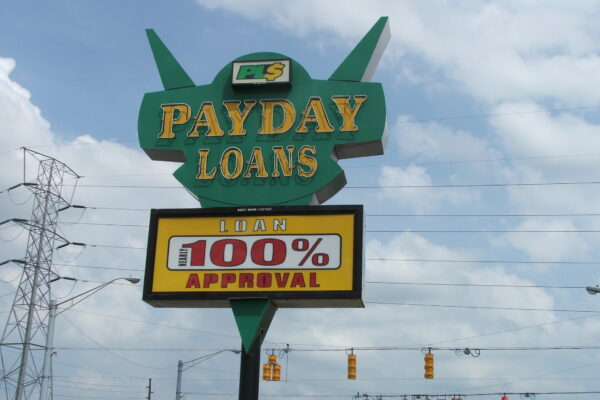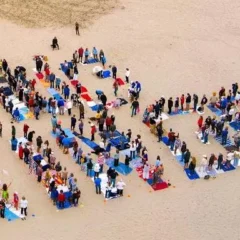The Consumer Financial Protection Bureau has unveiled new proposal to protect consumers from “debt traps” that are caused by payday loans.
Rev. Mark Whitlock, executive director of USC Cecil Murray Center for Community Engagement, recently co-wrote an op-ed for American Banker, supporting the need for new regulations at the same time as addressing the challenges they pose for consumers of payday loans. Churches in low-income communities must be involved in these discussions of financial policies and regulations because they affect their members, Whitlock says.
Currently, payday lenders process small loans in a matter of minutes, often with triple digit interest rates. If borrowers can’t repay the loans, they can fall into what financial experts term, “debt traps,” where they take out additional loans in effort to pay off previous loans.
Under the proposal, lenders will have to more thoroughly investigate whether consumers can repay the loans. The regulations also limit the number of loans consumers can take out per year.
The challenge with the new proposal is that it may restrict consumers access to credit if they are financially unable to satisfy the new requirements to receive payday loans.
In their op-ed, Whitlock, Gil Vasquez, managing partner of the certified public accounting firm Vasquez & Company LLP, and Faith Bautista, president and CEO of National Asian American Coalition, propose three solutions to ensure that low-income borrowers still have access to credit, one involving faith-based organizations:
We could subsidize responsible nonprofits, including church groups and organizations like ours to submit pilot lending program proposals to qualify for subsidies. The subsidies could come from the U.S. Department of Justice’s multibillion dollar settlements with financial institutions and/or fines collected by the bank regulatory institutions, including the CFPB.
CRCC asked Whitlock to expand on how churches could become involved in the proposed solution.
Q: What can a church to do help its members financially?
The church must educate its members about the evil within check cashing companies. It must educate its member about financial literacy: how to budget money, how to save money and how to budget cash flow. Failure to do so means that members will find themselves in payday lending institutions.
Q: How would a church-based lending program work?
The alternative to payday lending would be to offer some guarantees to faith organizations for cashing checks. Unknown to most, churches act as payday lenders. We have historically cashed checks for members, charging no interest rates or service fees. One of the ways it could work is some form of government can help subsidize or guarantee a loan program, allowing the church to serve as another vehicle to help poor people to come out of poverty. Right now payday lenders don’t help us come out of poverty, they just help us have cash.
Click here to read the full op-ed
The Cecil Murray Center for Community Engagement is launching its 2016 Financial Literacy Program on July 18. Click here for more details.
To find out more about the Financial Literacy Program and future training opportunities, sign up for the CRCC newsletter and indicate your interest in the Murray Center.
Photo Credit: Stallio/ Flickr






